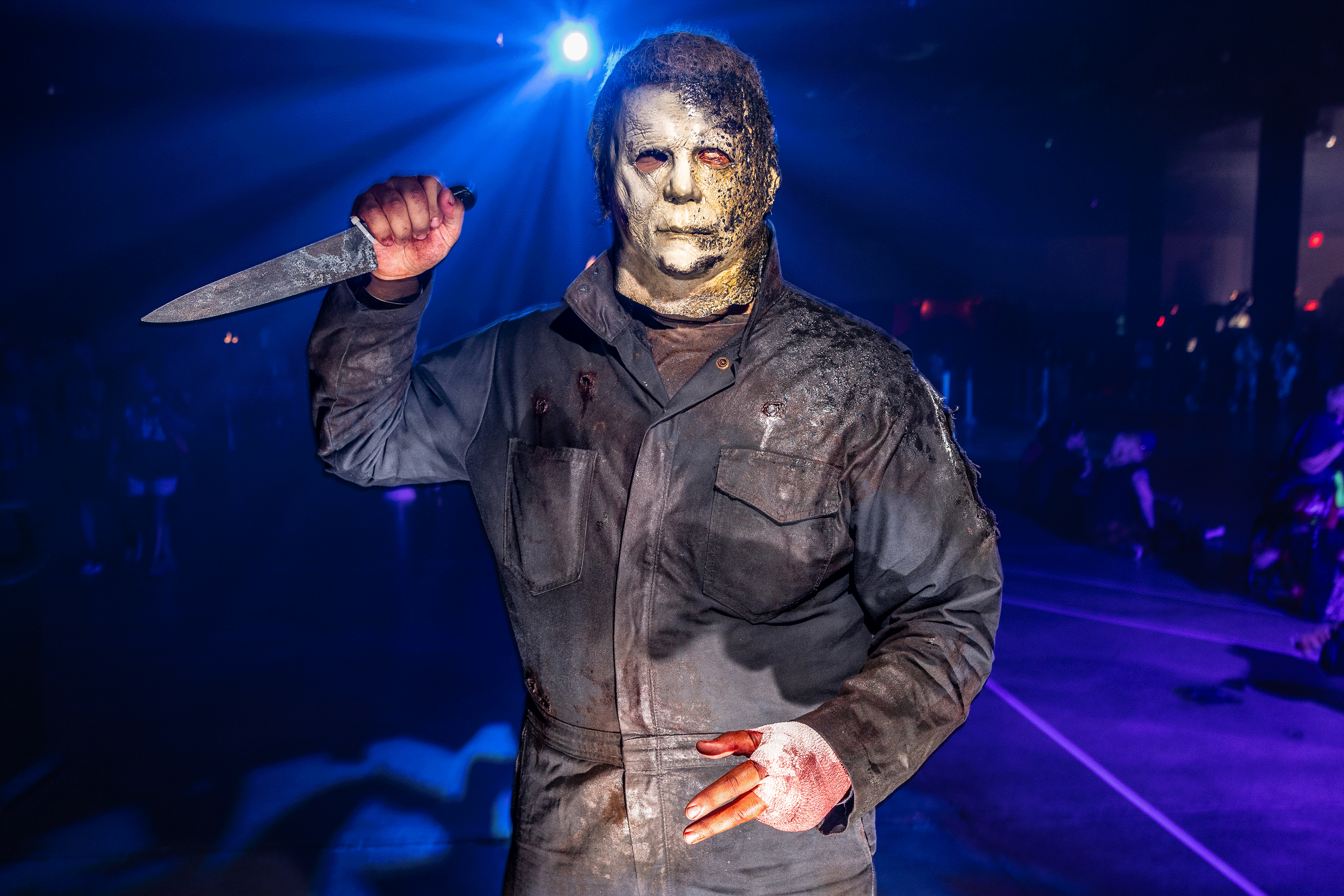Small Business Draws a Big Crowd : Enterprise: Prelude to national conference reflects local vigor. But some question whether idea is outdated.
In what resembled a mini political convention, owners of small businesses carried balloons, passed out flyers and zealously glad-handed everyone in sight at the Century Plaza Hotel on Tuesday morning as they vied to become delegates to the White House Conference on Small Business.
Candidate L.J. Fay, owner of a San Fernando Valley management consulting firm and a member of the Asian business owners slate, wore a Hawaiian lei and other vegetation as she carried through the foyer a basket of orchids, tuber roses and plumeria blossoms. “I did it to be noticed,” she said. “What do you think? Does it work?”
For the record:
12:00 a.m. March 16, 1995 For the Record
Los Angeles Times Thursday March 16, 1995 Home Edition Business Part D Page 2 Financial Desk 1 inches; 25 words Type of Material: Correction
C.K. Tseng--The name of C.K. Tseng, owner of Northridge Travel, was misspelled in a story on the White House Conference on Small Business that appeared in Tuesday’s editions.
The Southern California meeting is an organizing prelude to the national conference to be held in June in Washington. More than 1,600 owners of mom-and-pop enterprises attended Tuesday, easily making the Los Angeles meeting the largest of 59 state conferences.
As such, it reflected the vigor of small business here and the attention the national conference, the third to convene in 15 years, still garners. But, as business owners sat through speeches and huddled in workshops Tuesday, others questioned if the National Small Business Conference has outlived its usefulness.
“The first, 1980 conference was a consciousness-raising exercise,” said analyst Joel Kotkin, a California business analyst. “Today it’s an item of faith that small companies are incredibly important. At this stage of the game, perhaps it’s just momentum that keeps the conference going.”
Kotkin argued that the convention was a good idea in 1980, when it was first becoming clear that small businesses would soon replace large corporations as the main generators of jobs. Now, 15 years later, the small-business point of view should be integrated into all policy decisions and all federal programs in an ongoing way, instead of through occasional conferences, he said.
While those in charge of the conference credit the gatherings with generating legislative reform, the ideas discussed are usually familiar ones expressed frequently in other forums. And, when changes do arise from the convention, they may not have the beneficial result expected, as C.K. Pseng, owner of Northridge Travel, found out.
Pseng was happily surprised in 1986 when he became a national conference delegate with his idea that the government should have to pay its bills promptly or face penalty interest payments. In 1987, Congress added that requirement to the Prompt Payment Act, which itself had been a product of the 1980 convention.
Now the 76-year-old Pseng is back at the conference, courting votes again with what he calls the Prompt Payment Act Reform.
The federal bureaucrats “just pay the (penalty) interest now,” Pseng complained. “They don’t care.”
The conference may have taken on a life of its own. Its supporters say such an organization is still needed because small businesses lack the clout of Fortune 500 companies that use Washington-based lobbyists to make their ideas known.
Of the estimated 20,000 to 30,000 lobbyists in the nation’s capital, fewer than 10 work full time for small businesses, according to John Glover, chief counsel in the Small Business Administration’s Office of Advocacy.
The conference is for business owners with fewer than 500 employees.
More to Read
Inside the business of entertainment
The Wide Shot brings you news, analysis and insights on everything from streaming wars to production — and what it all means for the future.
You may occasionally receive promotional content from the Los Angeles Times.









